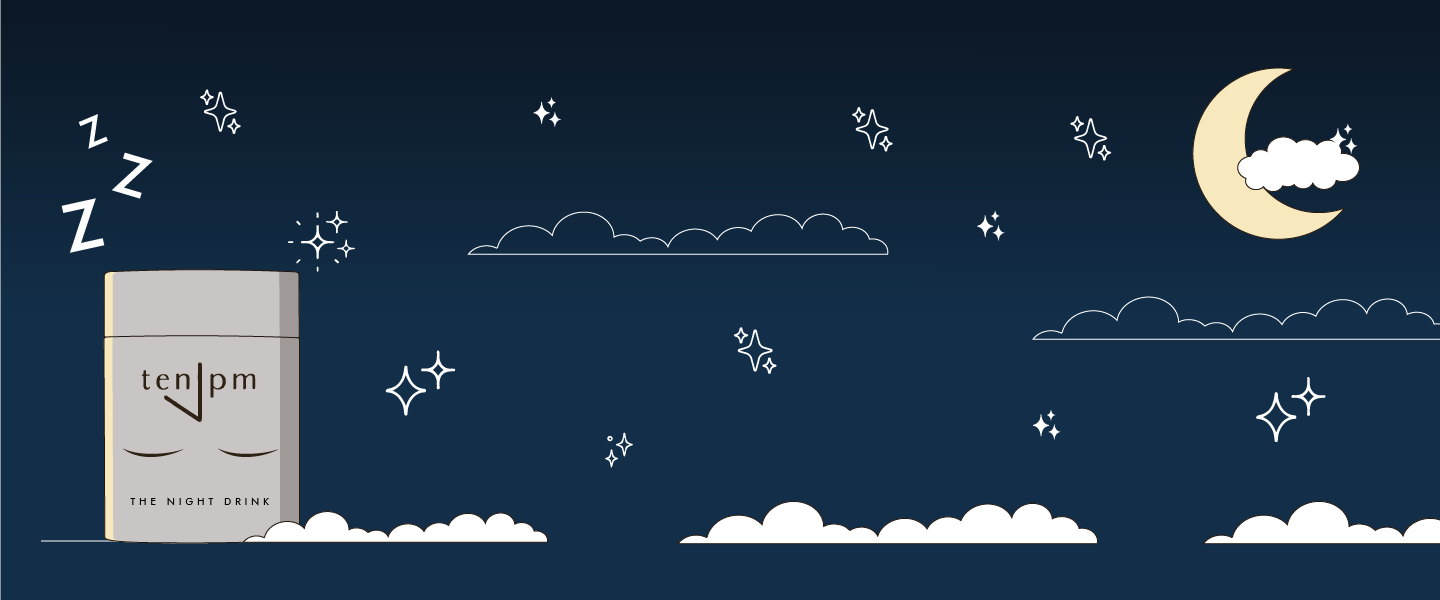Is there anything worse than waking up in the middle of the night drenched in sweat?
That sudden surge in body temperature can wake you up in the middle of the night and make a good night’s sleep nearly impossible.
Avoid spicy foods, caffeine and alcohol and wear light, breathable sleepwear.

2. Mood Swings
Being irritable and anxious all day can make it hard to unwind at night. Try relaxation techniques like deep breathing or progressive muscle relaxation.
Journaling, talking to your friends and taking long nature walks can also improve your anxiety.

3. Restless Legs
The creepy-crawly feeling in your legs can make it impossible to get comfortable. RLS symptoms are usually worse at night, making it tough to fall asleep.
To manage RLS, practice regular exercise and stretching, maintain a healthy weight and make sure your magnesium levels are sufficient.

4. Sleep Apnea
Not only is snoring annoying for your partner, it can also be a sign of sleep apnea! Sleep apnea can lead to daytime fatigue and headaches, so managing it is important.
Invest in a good quality pillow, try a nasal decongestant and sleep on your side.

5. Insomnia
Tossing and turning all night is no fun for anyone. Many menopausal women complain of waking up several times during the night or being unable to fall asleep.
To manage insomnia, avoid napping during the day, limit screen time before bedtime and create a relaxing bedtime routine.




